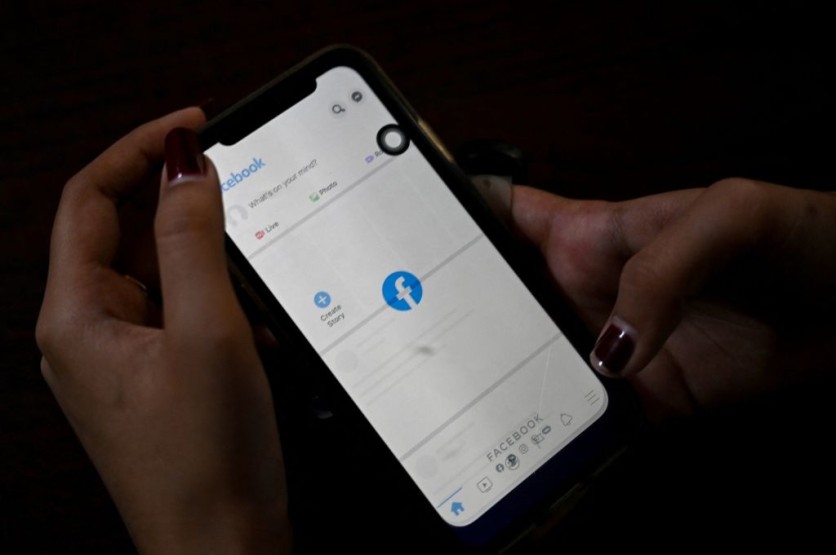The Facebook scam "Look who just died" is becoming rampant again.

This malicious campaign has been around Facebook and other social media platforms for some years now. Now, it is becoming rampant again. This time, the Facebook scam targets Australian users.
When you hear news about the death of someone you know-friends, relatives, or even your idols-the first thing on your mind is to check the link or access the content. But this simple mistake can cost you money.
Facebook Scam 'Look Who Just Died' Now Rampant!
According to The Daily Mail UK's latest report, billions of Australian users are now being warned about the rising "look who just died" scam on Facebook.

A woman used her mobile phone to check Facebook in Yangon on February 4, 2021, as Myanmar's generals ordered internet providers to restrict access to Facebook days after they seized power.
Also Read : TSB Bank Warns About Get-Rich-Quick Scams on Meta-Owned Platforms! Here's How to Spot Them
Malicious actors behind this campaign will start their scheme by sending direct messages to targeted users.
Their DM will contain a link that looks like a news article. Once their victims open it, they will be required to give their Facebook usernames and passwords before they can access the article.
Once you enter these personal details, you will be locked out of your FB account. Another thing that this malicious link do is install malware that can track and acquire your sensitive information.
What makes the Facebook "look who just died" scam effective is that they'll use hacked FB accounts to message their victims' friends, relatives, and acquaintances.
Another concerning thing about this malicious campaign is hackers can use your personal Facebook details linked to non-FB accounts, such as your online banks.
How To Avoid It?
Toms Guide reported that avoiding the Facebook "look who just died" is easy. You just need to consider it like other phishing scams.
This means that you need to install the best and most trusted antivirus software on your devices, such as smartphones and PCs.
Aside from these, here are other habits you need to practice if you don't want to become one of their victims:
- Avoid clicking suspicious links, even if they are sent by friends or other people you are commonly talking to.
- Never enter your passwords and other sensitive information just to read an article. Instead, ask them to send you screenshots.
- Always check the links. If they have random letters that are not making any sense, then it's definitely a scam.
In other news, the Bank of America warned iPhone and Android users about the scam bank investment texts. Recently, the FBI also issued a warning for the worsening crypto scams, which involve cryptocurrency ATMs.
For more news updates about scams, always keep your tabs open here at TechTimes.

ⓒ 2025 TECHTIMES.com All rights reserved. Do not reproduce without permission.




